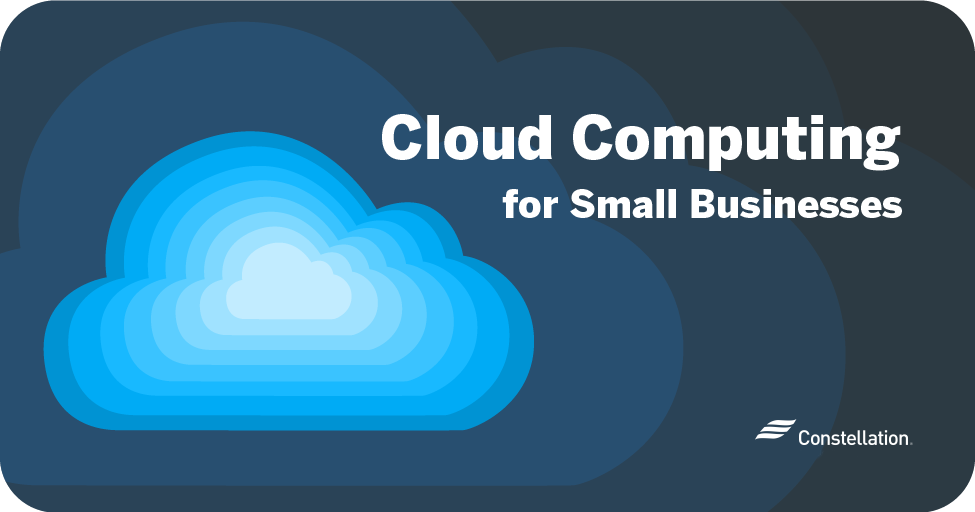Cloud computing has changed the face of business, especially for small businesses that seek to streamline their operations, cut costs, and scale efficiently. Through cloud technologies, small businesses can enjoy enterprise-grade tools and services without having to spend a fortune on upfront investments.
Advantages of Cloud Computing for Small Businesses
1. Cost Efficiency
- No expensive hardware or on-premises servers are required.
- Pay-as-you-go pricing models allow businesses to pay only for the resources they use, thus optimizing budgets.
2. Scalability
- Eases scaling up or down of resources with business requirements
- Best for seasonal businesses and businesses that have just started experiencing explosive growth.
3. Increased Collaboration
- With cloud-based tools, collaboration occurs in real time regardless of where team members are located
- One can easily share and edit files using the services of Google Workspace or Microsoft 365
4. Improved Data Security
- Cloud service providers often offer much better security with features like encryption and routine updates.
- Backup and disaster recovery solutions are built into many cloud services.
5. Remote Access
- Employees can access files and applications from anywhere with an internet connection.
- Supports hybrid and remote work environments.
6. Automatic Updates
- Software and infrastructure updates are managed by the cloud provider, reducing IT workload.
- Ensures access to the latest features and security patches.
7. Environmentally Friendly
- Shared cloud infrastructure reduces the carbon footprint compared to running individual on-premises servers.
Popular Cloud Services for Small Businesses
1. File Storage and Sharing
- Services like Google Drive, Dropbox, and OneDrive offer affordable, secure storage solutions.
2. Accounting and Finance
- Tools like QuickBooks Online and Xero make financial management and invoicing easier.
3. Customer Relationship Management (CRM)
- Platforms like HubSpot and Zoho CRM manage customer interactions and streamline sales processes.
4. E-commerce Solutions
- Cloud-based platforms like Shopify and WooCommerce enable small businesses to quickly set up online stores.
5. Communication and Collaboration
- Tools like Slack, Zoom, and Microsoft Teams improve the communication and the productivity of a team.
Challenges and Solutions
1. Internet Dependency
- It is necessary for cloud computing to have reliable internet connectivity. To avoid this problem, invest in a backup internet solution.
2. Data Privacy Concerns
- Select established providers with very strong data protection policies and compliance to regulations such as GDPR or HIPAA.
3. Learning Curve
- Implementation of new technologies requires some training. There are tutorials as well as customer support available at most cloud providers.
Conclusion
In any case, with cloud computing, small businesses would have a fighting chance at wielding significant tools that even large enterprises possess. This could help small businesses become more agile, deliver enhanced customer experiences, and compete much better in a fast-paced world of digital interactions.



No comments:
Post a Comment